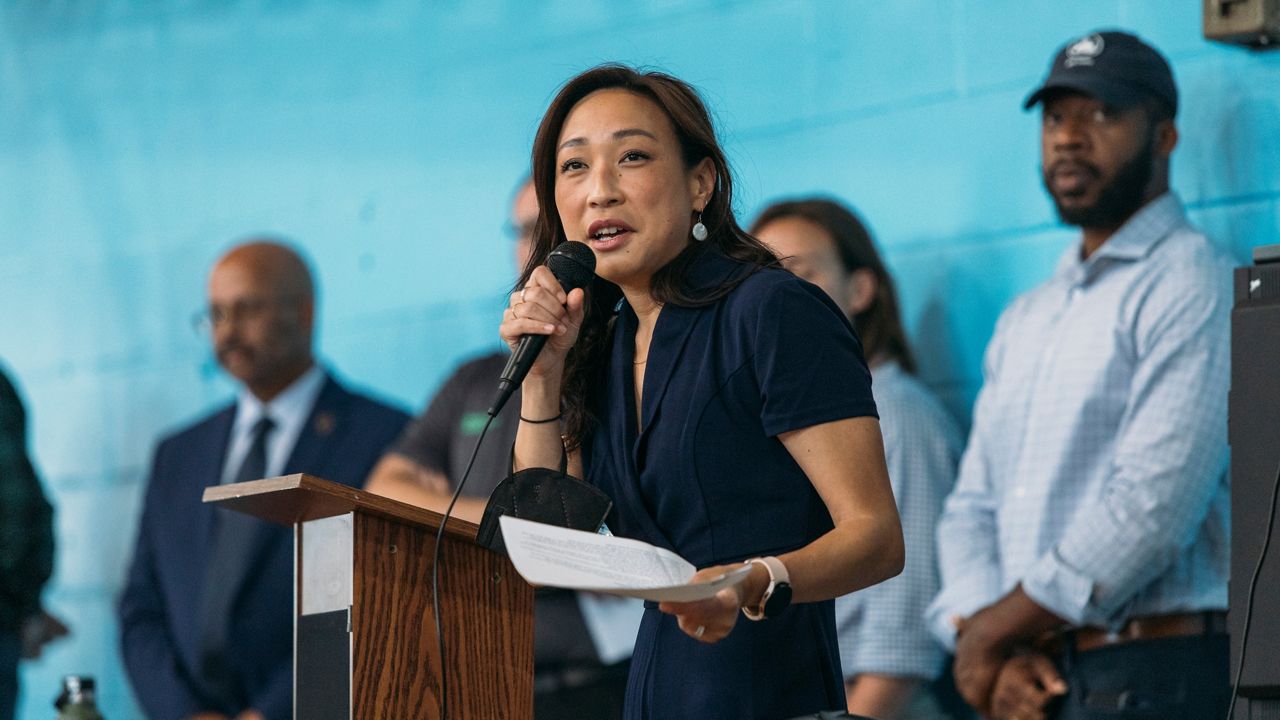For five days, the nearly 4,000 residents of the Jacob Riis Houses in the East Village have been unable to use their tap water, which last week tested positive for elevated levels of arsenic.
What You Need To Know
- For a fifth straight day, residents of the Jacob Riis Houses in Manhattan were unable to use their tap water, after elevated levels of arsenic were discovered late last week
- More recent tests have found the water to be safe, but residents are still being instructed not to drink or cook with it out of an abundance of caution
- Mayor Eric Adams addressed the issue only after being pressed by reporters Tuesday, saying that “we just want to be extremely thorough”
- A federal monitor tasked with oversight of NYCHA is investigating the episode
Tests performed over the weekend showed the water to be safe, but for now, city officials are being cautious — and somewhat tight-lipped — as they await the results of further testing.
“We just want to be extremely thorough and we’re going to be extremely transparent,” Mayor Eric Adams said Tuesday, addressing the topic only after he was tailed by reporters following an unrelated news conference. “We’re going to do a thorough report of what we’re doing to make sure that people are safe.”
The timeline of events at the Jacob Riis Houses has been murky. Reports of cloudy and discolored water date back weeks. While arsenic showed up in tests late last week, other tests performed before and after found no toxins.
“We can’t use the water. We can’t do anything,” resident Nilsa Sanchez told NY1. “And this was a surprising thing, so we’re all like, ‘what is going on here?’”
The episode has brought a new round of scrutiny to NYCHA, which has been under the oversight of a federal monitor since 2019 after years of mismanagement resulted in a federal lawsuit. That monitor is now investigating this latest incident, which critics say is proof the agency still needs reform.
“We’re hoping for good news when the new tests come out,” said Jumaane Williams, the city’s Public Advocate, in an interview on NY1. “But I think what we’ll find at the end of this is what one of the major reports find, is that the management of NYCHA is almost just as culpable for the problems as is the funding that’s needed.”






